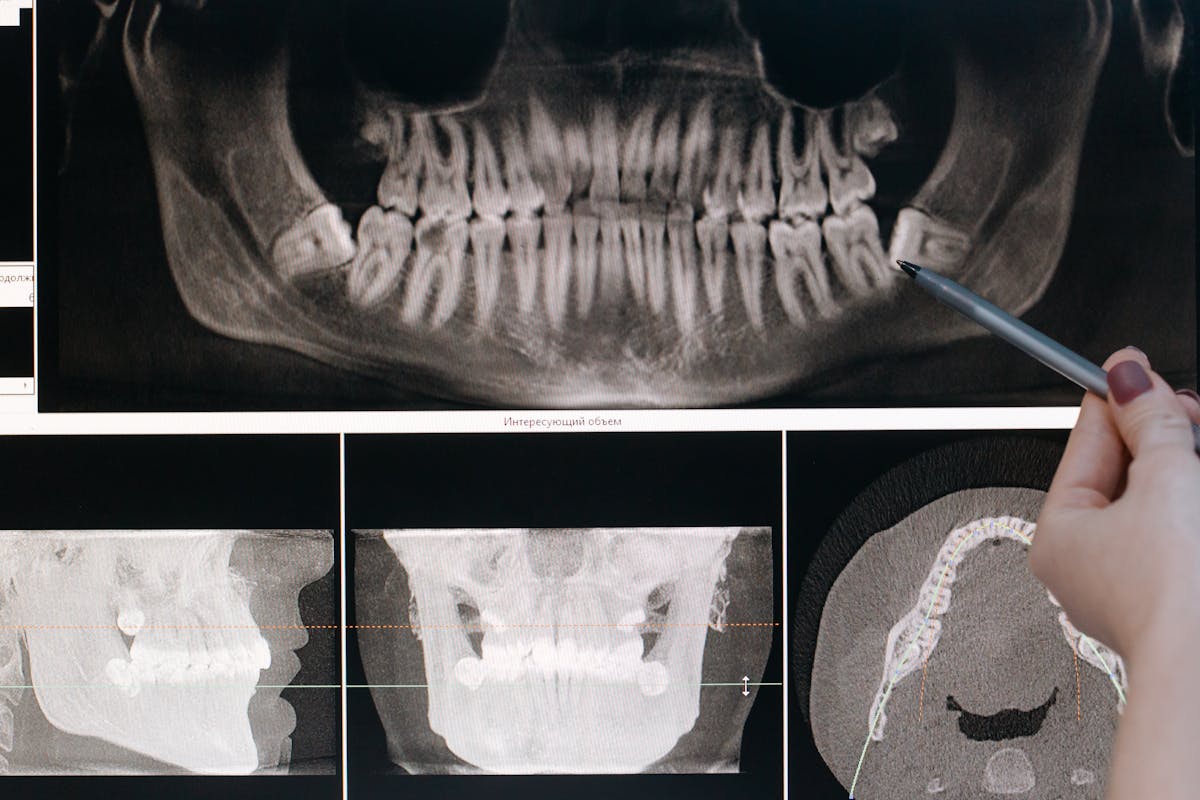
- Severe tooth pain, temperature sensitivity, and swollen gums are critical indicators of needing a root canal.
- Tooth discoloration and cracks can suggest infection, potentially requiring root canal treatment to save the tooth.
- Understanding the root canal procedure and its risks helps alleviate fears and prepares you for treatment.
- Proper preparation and aftercare, including following dentist instructions, are essential for a smooth recovery.
Root canal treatment is a dental procedure that is often misunderstood and feared by many. However, it is a necessary treatment for saving a tooth that is infected or damaged beyond repair. If you are experiencing specific symptoms, it may be time to consider getting a root canal. In this blog post, we will discuss signs that indicate you should get root canal treatment, specifically for residents of Singapore.
Severe Tooth Pain
Severe tooth pain is one of the most apparent signs that you may need a root canal. This pain can be constant or come and go, but it is usually intense and debilitating. If you are experiencing sharp, shooting pain in a specific tooth, especially when biting down or applying pressure, this could be a sign of an infected pulp inside the tooth. A root canal in Singapore can help alleviate this pain and save your tooth from further damage.
Sensitivity to Hot and Cold
Another sign that you may need a root canal is sensitivity to hot and cold temperatures in your mouth. If you experience sharp pain or discomfort when eating or drinking something hot or cold, it could indicate an infection in the pulp of your tooth. This sensitivity can be persistent and worsen over time if left untreated, so it’s essential to see your dentist for an evaluation.
Swollen Gums

Swollen gums around a specific tooth can also be a sign that you may need a root canal. When the pulp inside a tooth becomes infected, it can cause inflammation and swelling in the surrounding gum tissue. This swelling may be accompanied by tenderness or redness in the gums as well. If you notice any changes in your gum tissue, it’s essential to schedule an appointment with your dentist.
Discolored Tooth
If you notice that one of your teeth has become discolored, it could be a sign that the pulp inside is infected. When the pulp of a tooth becomes damaged or infected, it can affect the blood flow and cause discoloration. This can range from a darkening of the affected tooth to a greyish hue. If you notice any changes in the color of your teeth, especially if accompanied by other symptoms on this list, it may be time to consider getting a root canal.
Cracked or Chipped Tooth
A cracked or chipped tooth may also require a root canal. When teeth is cracked/chipped, it can expose the delicate pulp inside to bacteria and infection. If left untreated, this infection can spread to the root of the tooth and cause further damage. It’s essential to see your dentist if you have a cracked or chipped tooth, as they can assess the extent of the damage and determine if a root canal is necessary.
Preparing for a Root Canal

If you do end up needing a root canal, it’s essential to understand what the procedure entails and how to prepare. Here are four key steps to take before your root canal appointment:
Understand the Procedure
Talk to your dentist about the details of the root canal procedure and what to expect during and after. Knowing what will happen can help alleviate any fears or anxieties you may have. You can also ask about any potential risks or complications and how they will be managed.
Take Precautions
Before the procedure, your dentist may advise you to take certain precautions. This may include avoiding eating or drinking before the appointment, taking antibiotics to prevent infection, and avoiding certain medications that could interfere with the anesthesia.
Plan for Aftercare
After a root canal, your tooth may feel sensitive for a few days. Your dentist will likely prescribe pain medication to help manage any discomfort. You may also need to eat soft foods and avoid chewing on the affected tooth until it has fully healed. It’s essential to follow your dentist’s instructions for aftercare to ensure fast healing.
Ask Questions
Don’t be afraid to ask your dentist any questions you may have about the root canal procedure or aftercare. It’s essential to have a clear understanding of what is happening and how to take care of yourself afterward. Your dentist will be happy to provide information and address any concerns you may have.
Recognizing the signs indicating the need for a root canal is crucial for maintaining dental health. Severe tooth pain, temperature sensitivity, swollen gums, tooth discoloration, and cracks or chips in your teeth are all potential indicators that should prompt a visit to your dentist.
If you’re experiencing these symptoms in Singapore, a timely root canal can save your tooth and alleviate discomfort. Preparing for the procedure by understanding it, taking necessary precautions, planning for aftercare, and asking questions will help ensure a smooth experience and a successful outcome.

